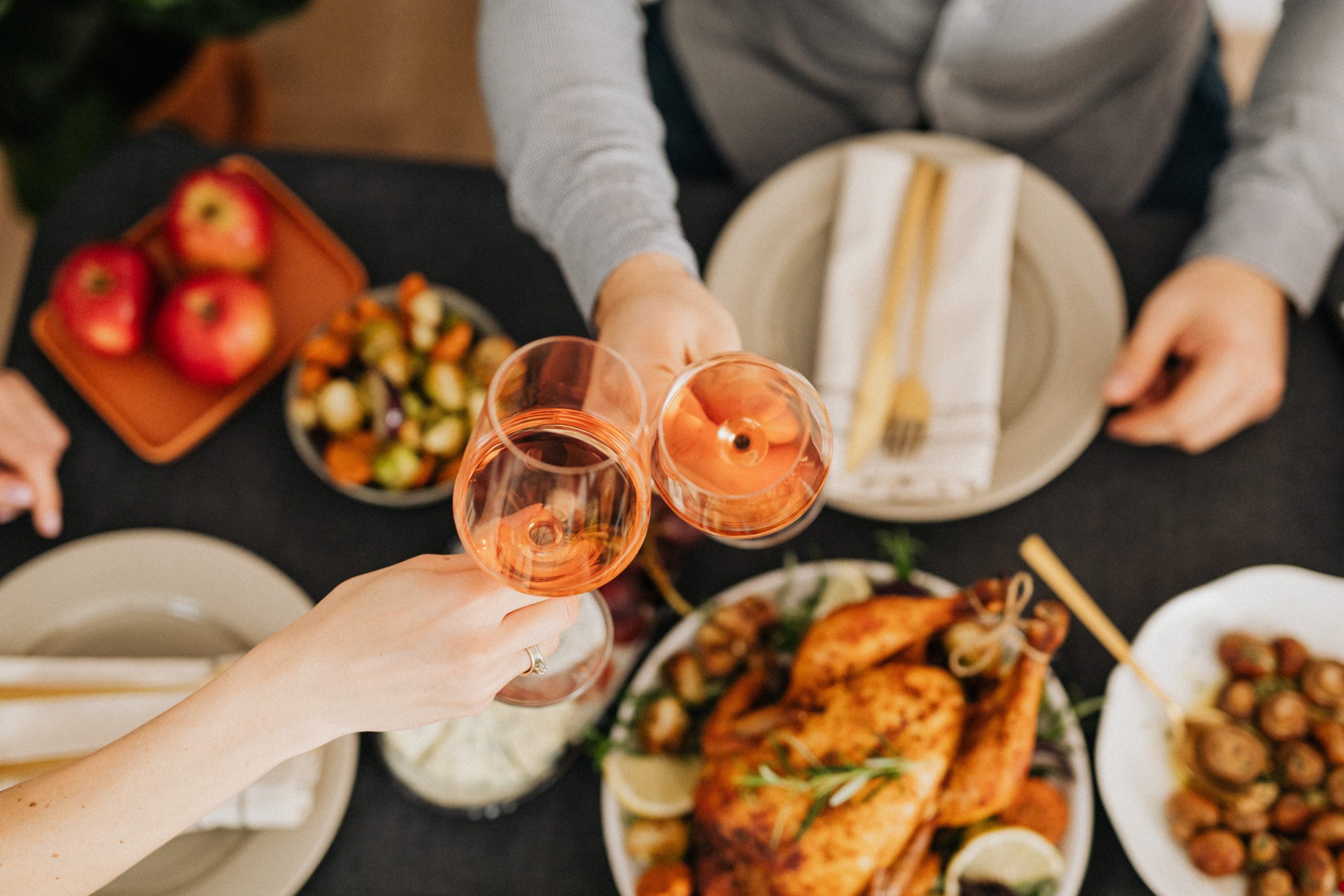
By Dr Emma Surman
Department of Marketing, University of Birmingham
For many, this Christmas is going to be slightly different. Christmas parties, carol singing, pantomimes – none of these will be happening in quite the same way. However, if this week’s figures about grocery shopping are anything to go by, it looks like one thing about Christmas will stay the same; the amount of food we buy and the amount of food we then throw away.
Figures reported by the BBC show that our spending on food and drink at grocery stores hit a record high in November. In part, this will have been in response to the second lockdown, which meant we had to eat at home as restaurants and pubs were required to close. In addition, the report also added that many of us have started buying our Christmas food early.
While this boost in spending may increase the profits of our large supermarket chains, it may not be as beneficial for our personal finances or the environment. So why at Christmas do our intentions to be more responsible in the way we shop not come to fruition?
According to WRAP, a registered charity working to improve levels of sustainability, around one third of all food produced in the world goes to waste. In the UK, 9.5 million tonnes of food is wasted each year, with 16% of all food purchased by individual households ending up in the bin. When buying food, consumers are tempted by the clever marketing and sales tactics that all the supermarkets employ. The closely planned aisle layouts with their promotional and multi buy offers (such as buy one get one free), all combine to encourage us to buy more than we are actually able to eat.
This is particularly the case at Christmas, when supermarkets entice us with highly-stylised food adverts, celebrity endorsements and pictures depicting lavish feasts, happy families and general merriment. Retailers are businesses and they seek to capitalise both on our nostalgia and our aspirations to create the perfect Christmas in which food plays a major role.
All these factors combine to create what researchers have called the ‘intention behaviour gap’. This occurs when what we say we will do and what we actually do are two very different things. This is important when it comes to reducing food waste. While many consumers might have good intentions to buy and throw away less food, each year when Christmas comes around we once again fall into old habits and find ourselves buying more than we can possibly eat or need.
This year has been unusual and has forced many of us to rethink our habits including finding new ways of living and working. Maybe this spirit of change is something we should seek to continue into the Christmas period and try to break the habit of buying more food over the Christmas period than we actually need.
Creating a budget or making a list and then sticking to it is one way to avoid those impulse purchases to which the supermarkets are always trying to lure us. It will also mean that we buy just what we need, no more. Buying from local independent retailers and markets, thereby supporting our own communities, are also positive changes that we are able to make. Although 2020 may not be a year we will care to remember, making our intentions and our behaviour more consistent and changing our food waste habit for the better might be a good way to end it.
The views and opinions expressed in this article are those of the author and do not necessarily reflect the official policy or position of the University of Birmingham.
